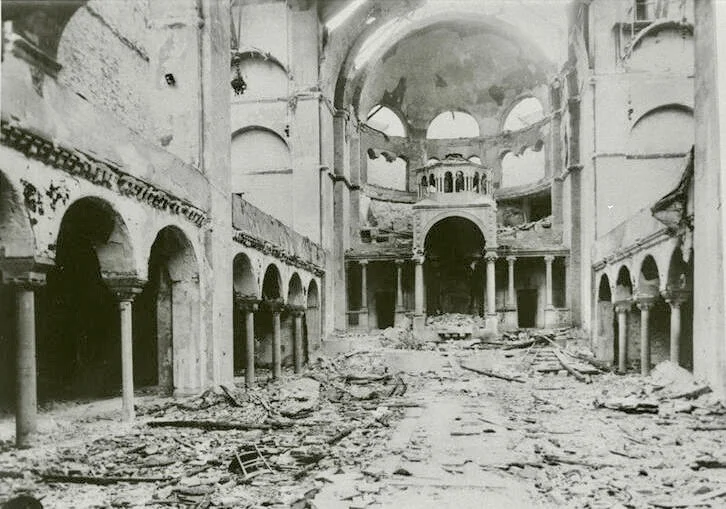The significance of Kristallnacht—a turning point in global history—paints a fearsome picture for its 2018 doppelganger.
All tagged u.s. foreign policy
Pence’s Pounce: The Fiery China Speech, Fact-Checked
The Vice President did his homework on China… for the most part.
The Curious Timing of the U.S. Withdrawal from U.N. Human Rights Council
Despite the seeming recklessness of the move to withdraw from the HRC, the move is inherently strategic and points to extensive forethought within the Administration.
The Singapore Summit: Little More than Theatrics
North’s de-escalation is a strategic, carefully calculated step that began with Kim Jong Un’s New Year’s speech and culminated with the Singapore summit.
When Will the U.S. Invest In Its Scientists?
Although the U.S. remains a global leader in scientific research, the disparity between the U.S. and the E.U. illuminate diverging priorities between them.
The Iran Deal Goes Nuclear
Iranian President Rouhani said that Iran honors its deals, unlike the United States—a clear slap in the face to U.S. diplomacy and the president.
Big Data: The New War and How to Wage It
The weapons of the future are data, and the Western-led world order must accept this new reality or make room for a new world order.
Fooled by North Korea
Every handshake and smile that is shared with the dictator clouds the undeniable truth: North Korea under Kim’s rule is one of the most brutal dictatorships the world has ever seen.
Something Wicked This Way Comes
Domestic stability and national security go hand in hand with this particular problem, but it seems that few truly understand what is at risk.
No Permanent Friends, Only Permanent Enemies: National Security in the Trump Era
It seems that experienced foreign policy wonks and the newcomers of the of the Trump Administration are at odds in the latest National Security Strategy.
There Is Opportunity In Every Brexit
A comprehensive deal with the U.K. offers a good opportunity to achieve both. It’s time to start negotiating.
A Case for Presidential War Powers Revision
Like any policy, war powers much be considered within the context and era they are used.












